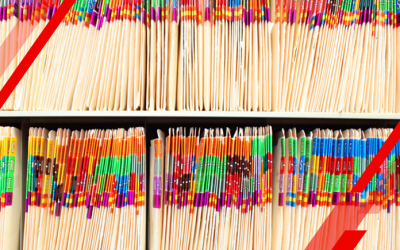Discover the benefits of OSHA online training for medical facilities. Discover how flexible and cost-effective this option is to keep your practice fully compliant.
Service Request
Have waste that requires compliant handling or disposal? Fill out our service form and an MCF Environmental Representative will get back to you quickly with next steps!
Please note we do not provide disposal services for household waste
















